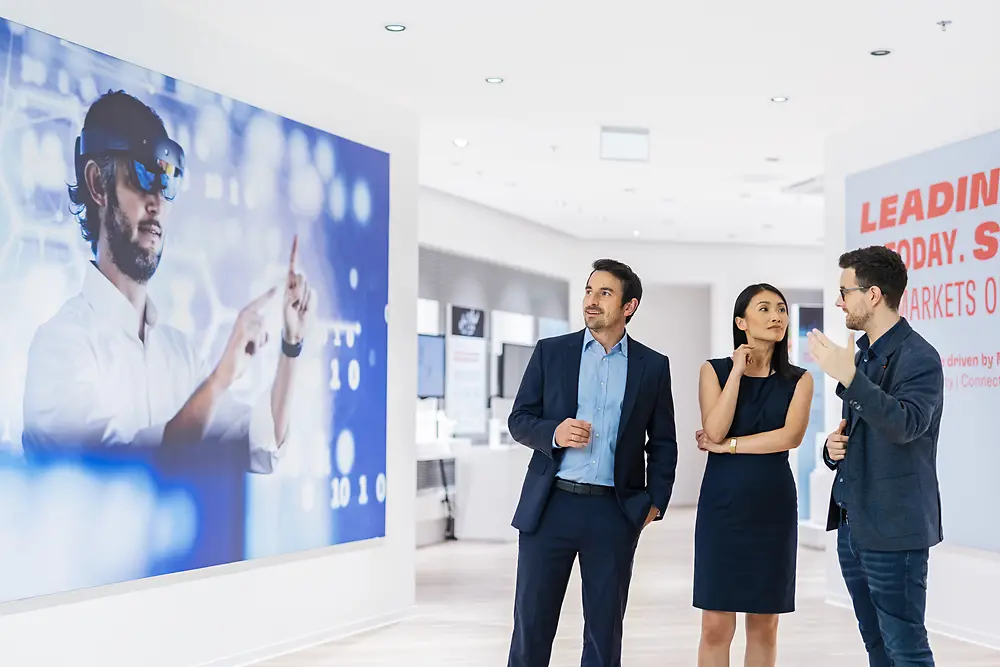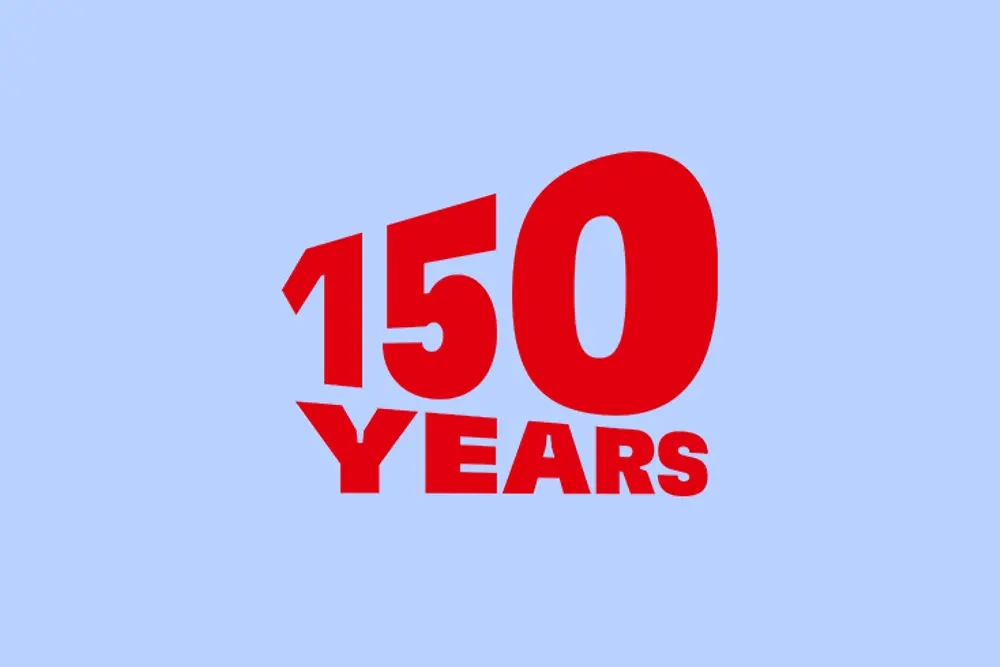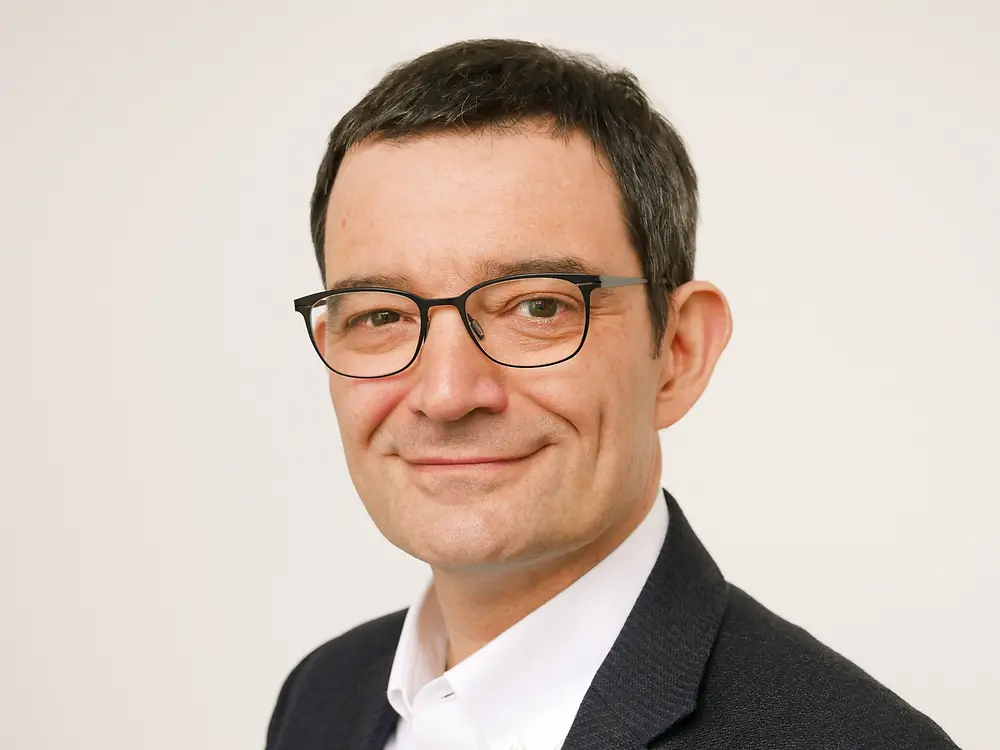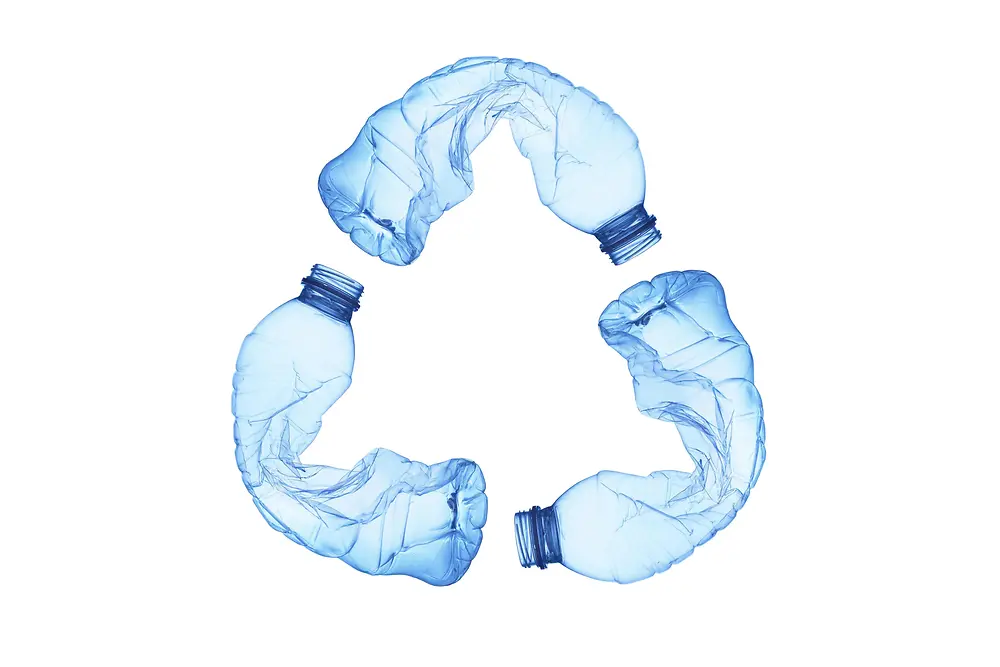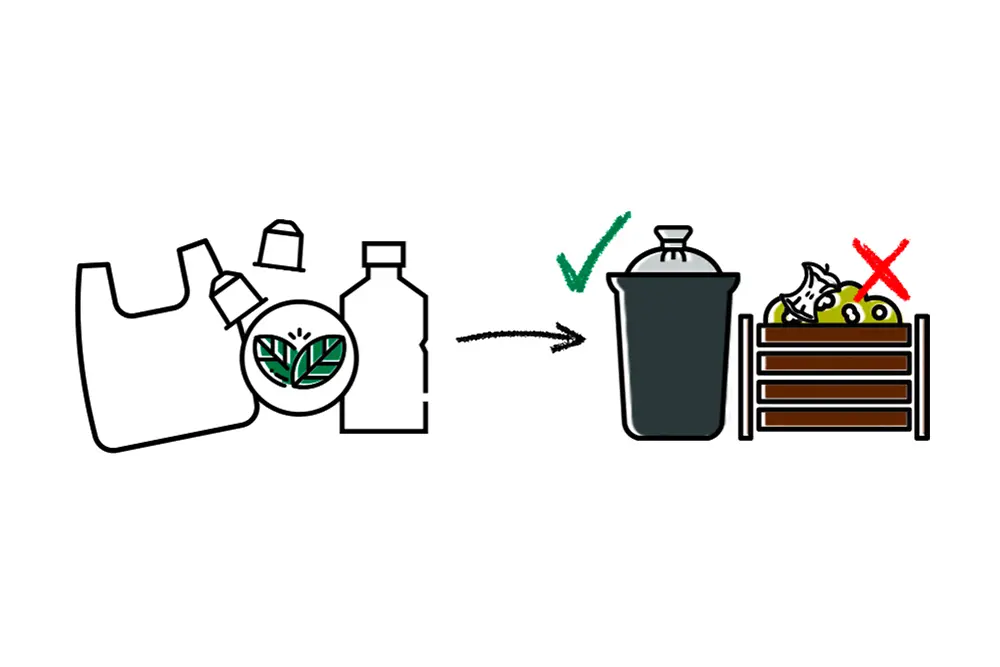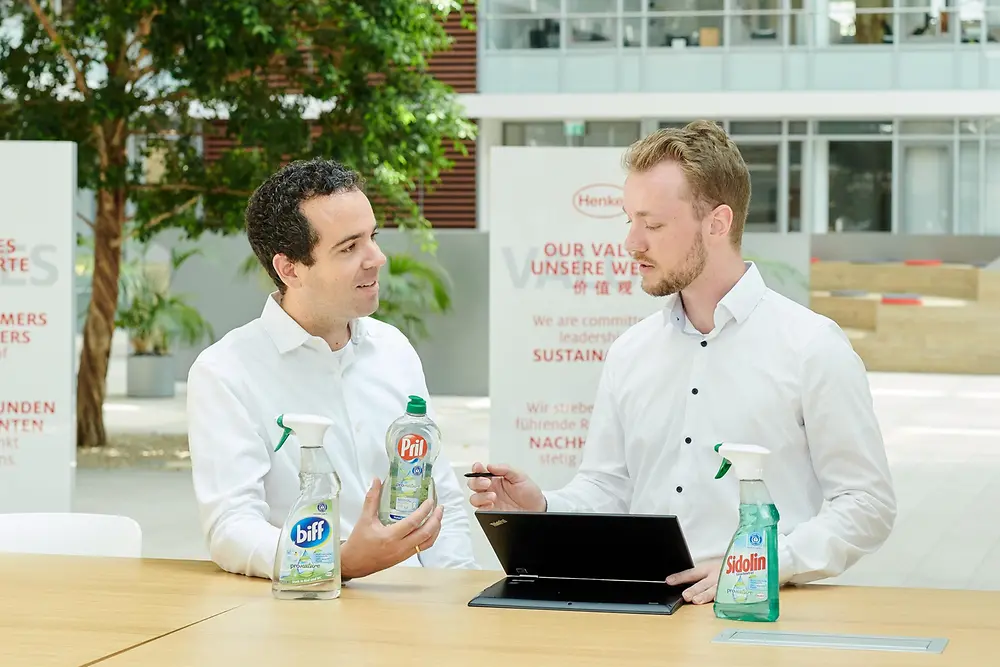Ramesohl: Of course, we always get into difficulties when we confront a relative problem with a very radical solution such as a ban. Prohibition is actually the last course of action that we should ever consider. And if a ban is applied, how do we define its scope? For example: to avert serious damage or injury, or for health protection reasons? Ultimately we have to ask: Does the plastic bag fall into these categories? We have a credibility problem on our hands if we apply an extreme measure (namely a strict ban) to a relatively small problem. I am convinced that we all – government, trade, industry and society at large – need to learn that there are no quick fixes and that we are all having to feel our way forward. We need to take many different, perhaps even smaller, steps in the right direction in order to move closer to establishing a functioning circular economy. Of course, this is much more laborious in both communication and implementation. Returning to specific examples: I find it interesting to observe, for example, that the organic label has now achieved a certain robustness in relation to food. Isolated food scandals have not damaged confidence in the label itself. So that means that the system does not need to be perfect, just generally dependable and adaptive. Radical positions such as the ban on plastic bags are also particularly susceptible to abuse, circumvention, consternation and disappointment on the part of consumers. In my opinion, this maelstrom of feelings of focused attention on a problem, euphoria about a supposedly simple and quick solution, and subsequent frustration, should definitely be avoided.
